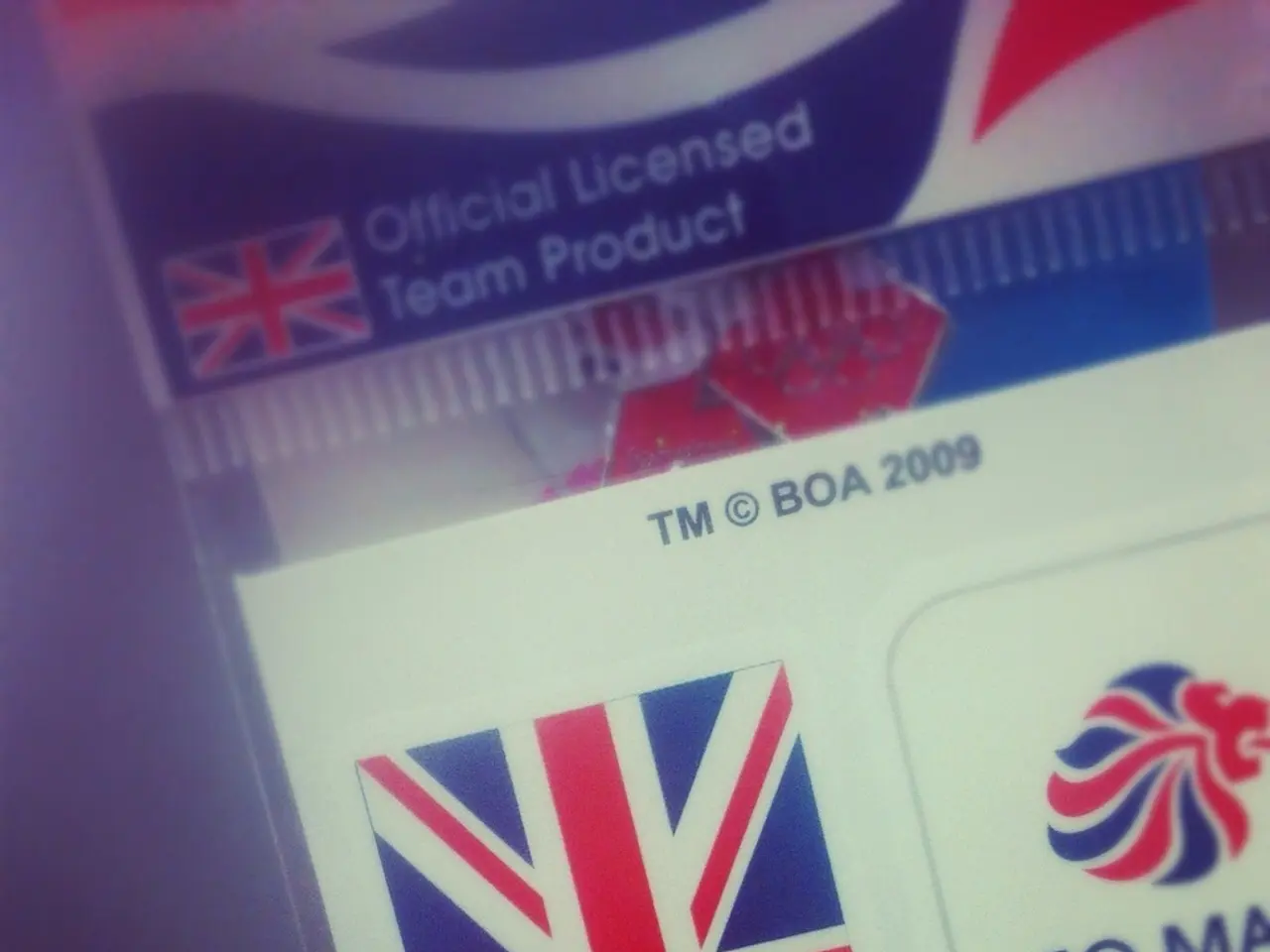Green Advancement Highlighted: Unveiling of ISO 14001 Environmental Management System Certification
In today's world, where environmental responsibility and sustainability are at the forefront of many organizations' agendas, achieving ISO 14001 certification has become a significant milestone for businesses across various industries and sizes. This globally recognised standard for Environmental Management Systems (EMS) provides a framework for organizations to effectively manage and improve their environmental performance.
Preparing for ISO 14001 certification involves several strategic steps. First and foremost, familiarising oneself with the standard is crucial. This includes understanding the requirements of the ISO 14001 standard, conducting a gap analysis, establishing clear objectives, defining roles and responsibilities, securing management support, and investing in training employees on environmental management principles.
A key component of the certification process is the environmental aspects and impacts assessment. Organizations need to identify and evaluate their activities, products, and services that have or could have an impact on the environment. This information is then used to establish policies, procedures, and processes to manage environmental aspects, comply with legal and regulatory requirements, and achieve environmental objectives.
Effective strategies for engaging stakeholders and promoting environmental responsibility involve soliciting input, feedback, and ideas from stakeholders. This collaborative approach not only fosters a culture of environmental excellence within the organization but also enhances the company's brand image and increases market opportunities.
The Importance of Leadership Commitment to Environmental Sustainability cannot be overstated. Leaders prioritizing environmental sustainability serve as role models for the entire organization, fostering a culture of environmental responsibility and continuous improvement.
Developing an effective EMS is central to ISO 14001 certification. An EMS, based on ISO 14001 standards, offers several key benefits for organizations. First and foremost, it helps organizations comply with legal and regulatory requirements, reducing the risk of legal issues. It also enhances environmental performance by optimizing processes, reducing waste, and improving resource utilization.
ISO 14001 certification also provides a competitive advantage. Demonstrating environmental responsibility makes the organization more attractive to environmentally conscious customers and partners. Moreover, it enhances the company's brand image and increases market opportunities, particularly in tenders requiring EMS certification.
In addition, ISO 14001 certification increases stakeholder trust through transparent environmental practices and commitment to sustainability. This, in turn, enhances the organization's profile and integrity, contributing to global recognition.
Furthermore, the successful implementation of ISO 14001 certification requires careful planning and execution. Tips for success include prioritizing leadership buy-in and support, integrating environmental objectives into existing business processes, and continuously seeking opportunities for improvement.
Lastly, ISO 14001 certification serves as a valuable tool for organizations in navigating the complex landscape of environmental regulations. It ensures compliance with environmental laws and regulations, providing a pivotal milestone for organizations, symbolising their unwavering commitment to environmental stewardship and sustainable operations.
In conclusion, ISO 14001 certification is a powerful tool for organizations seeking to improve their environmental footprint while enhancing their market position and sustainability. By implementing an EMS based on ISO 14001 standards, organizations can reap numerous benefits, including compliance with legal and regulatory requirements, environmental performance improvement, market opportunities, enhanced credibility and stakeholder trust, increased profits, and contributions to sustainability.
In the process of ISO 14001 certification, understanding the principles of environmental science is essential in evaluating and managing environmental aspects and impacts. Since finance plays a vital role in any organization, investing in training employees on these environmental management principles, as well as securing resources for implementation, is crucial for success.




